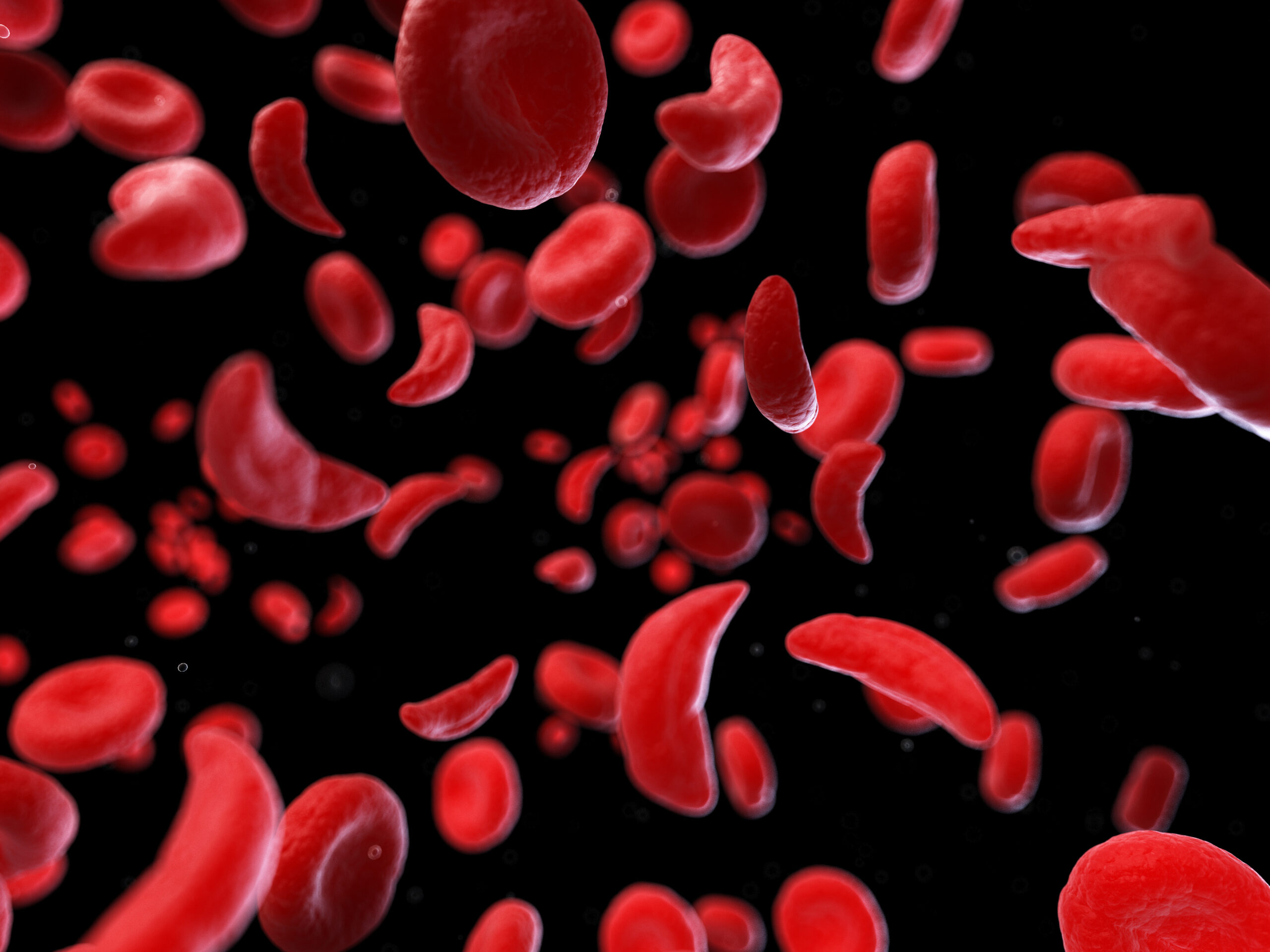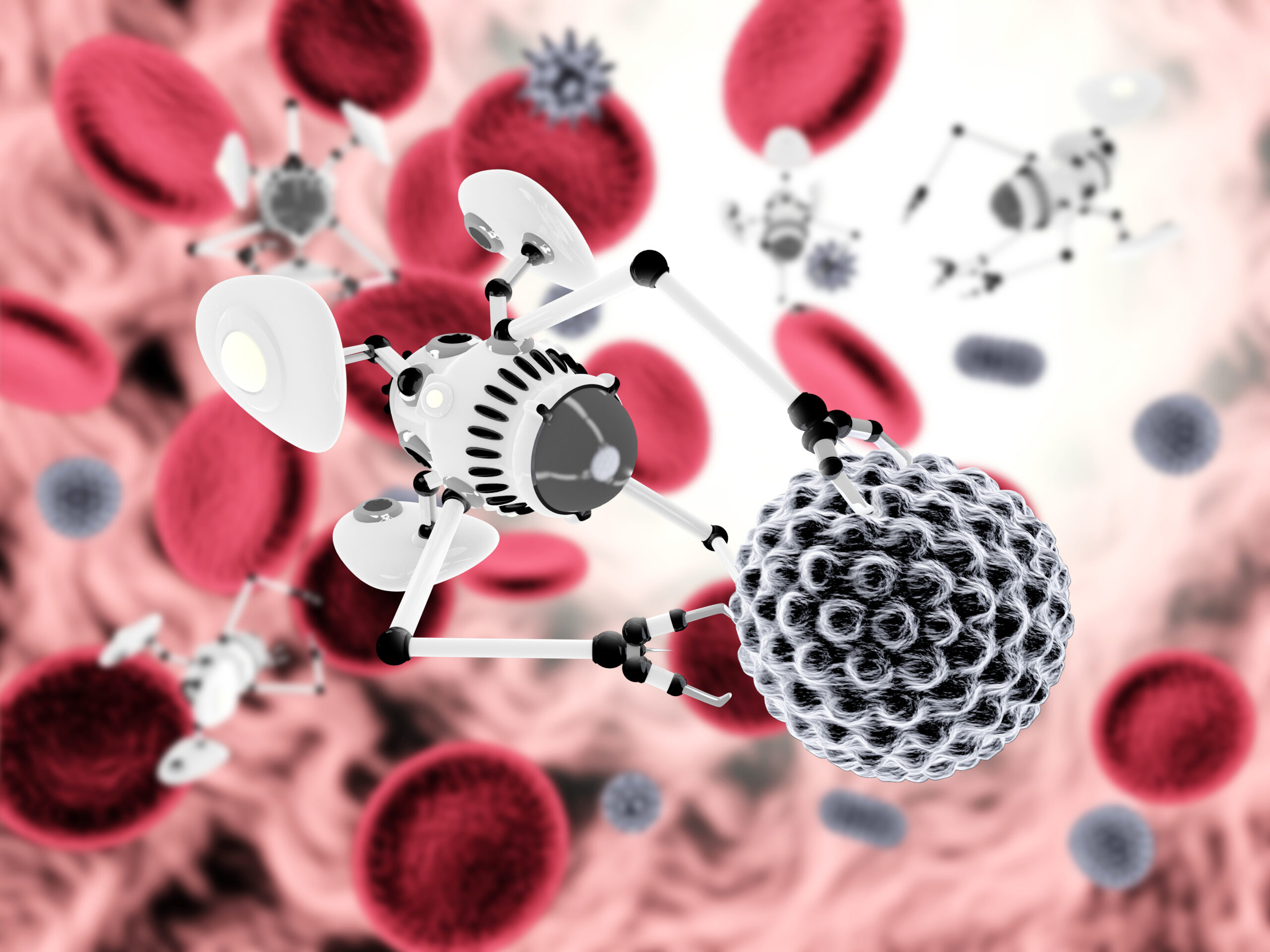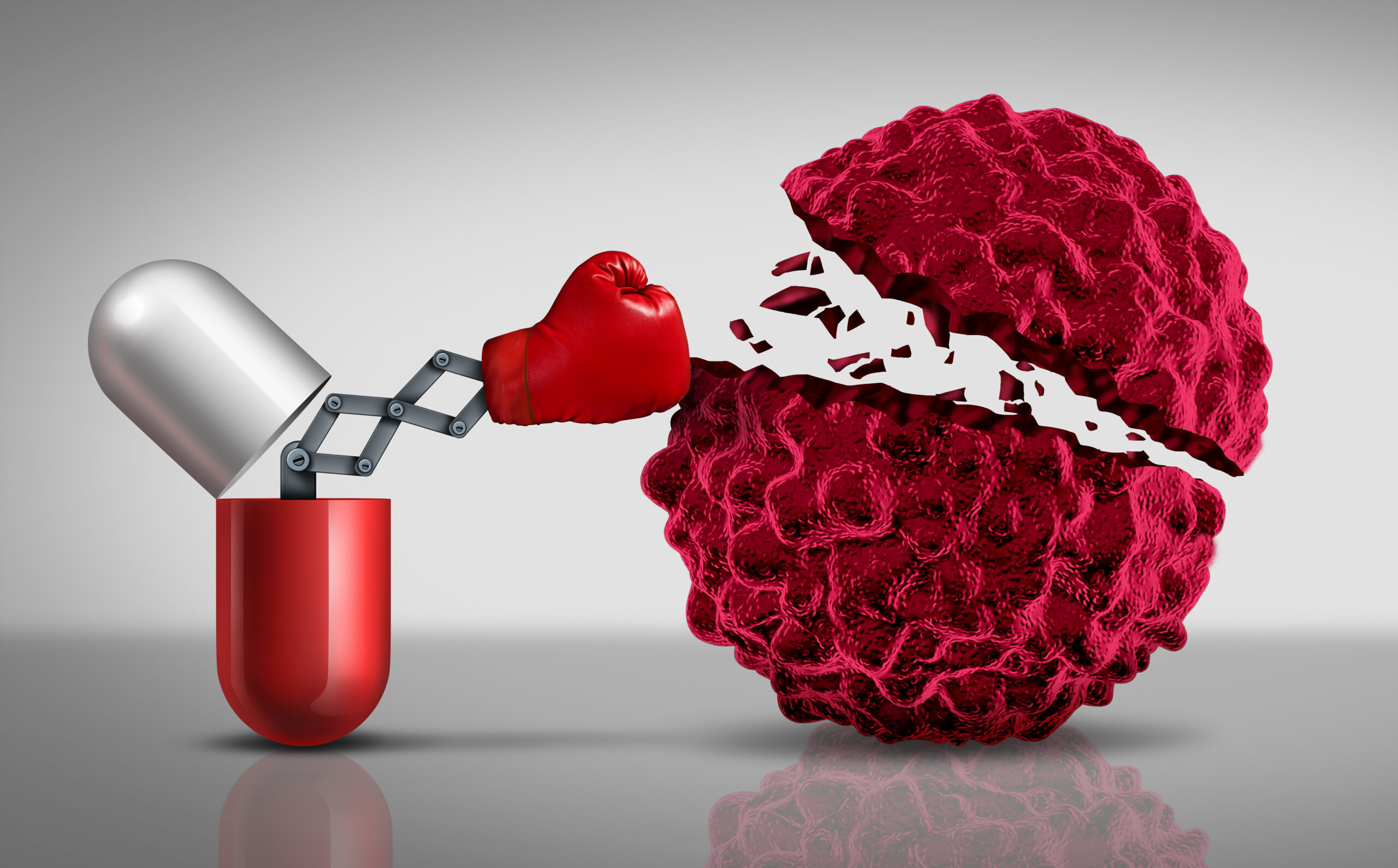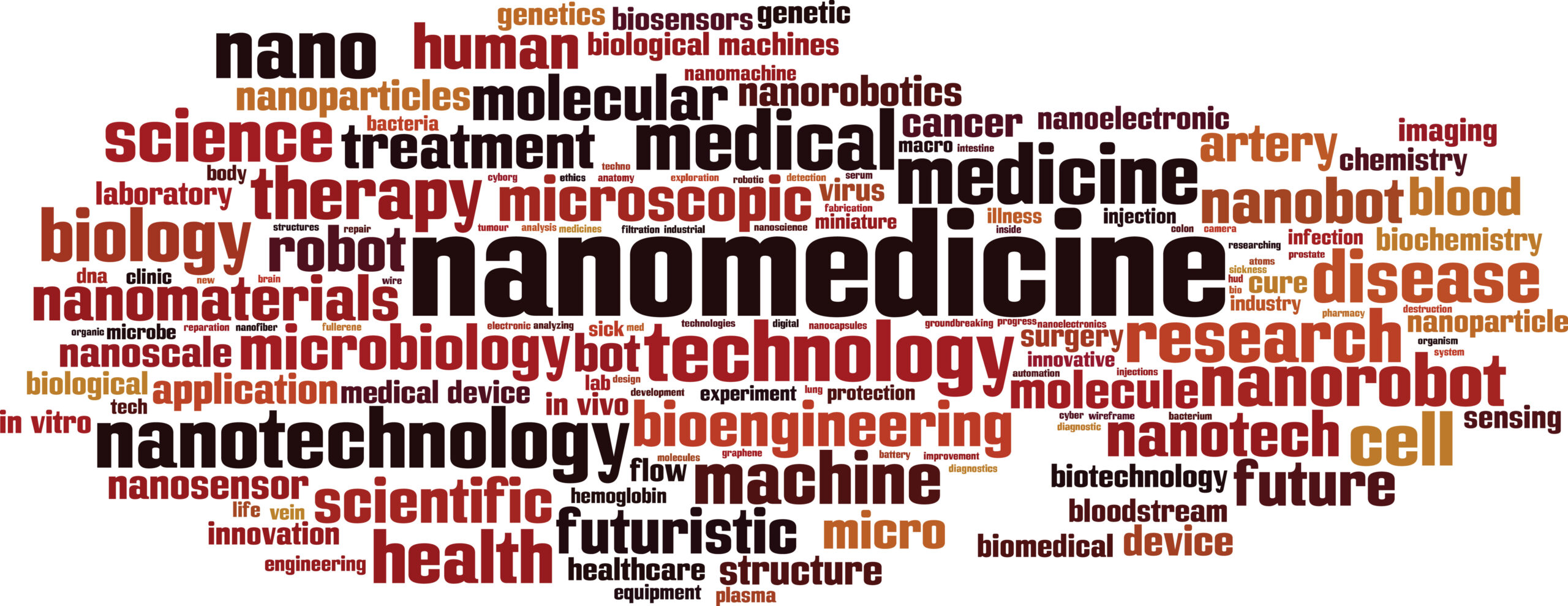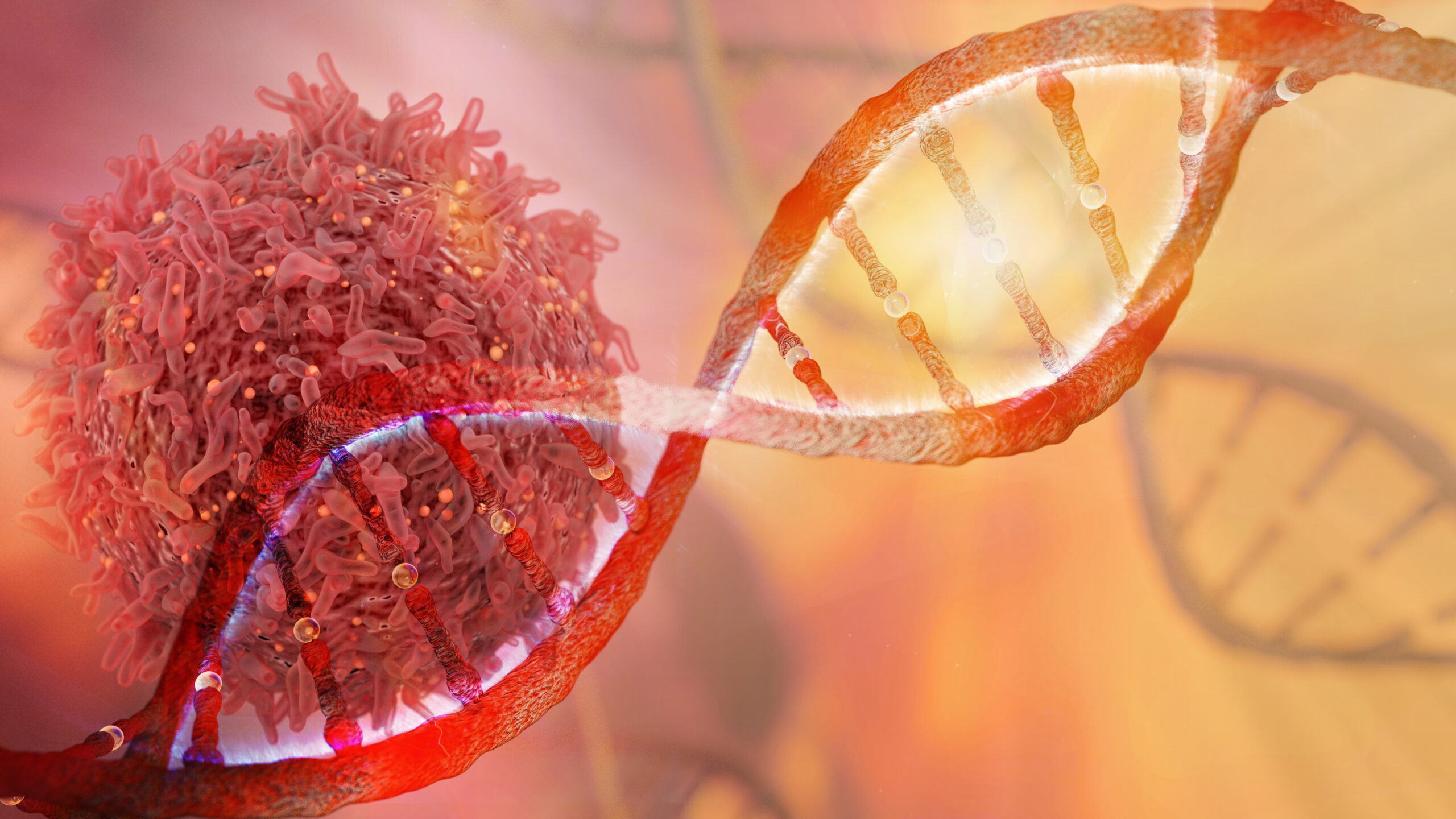New Research Moves Closer To Harnessing Viruses To Fight Bacteria And Reduce Antibiotic Use
New research has moved a step closer to harnessing viruses to fight bacterial infection, reducing the threat of antibiotic resistance. The research is published in Cell Host Microbe. A growing number of infections, including pneumonia, tuberculosis, gonorrhoea, and salmonellosis, are developing antibiotic resistance, which means they becoming harder to treat, resulting in higher death rates, …



